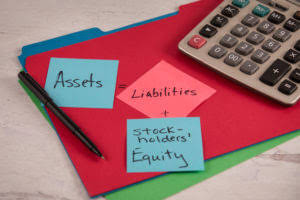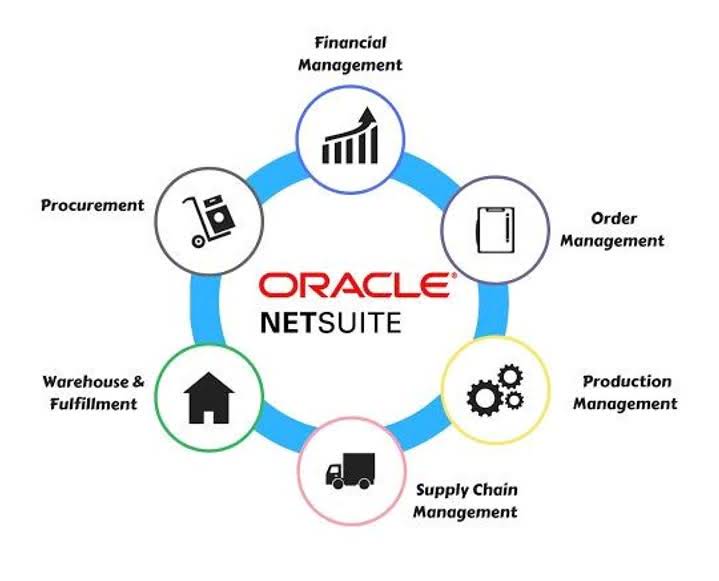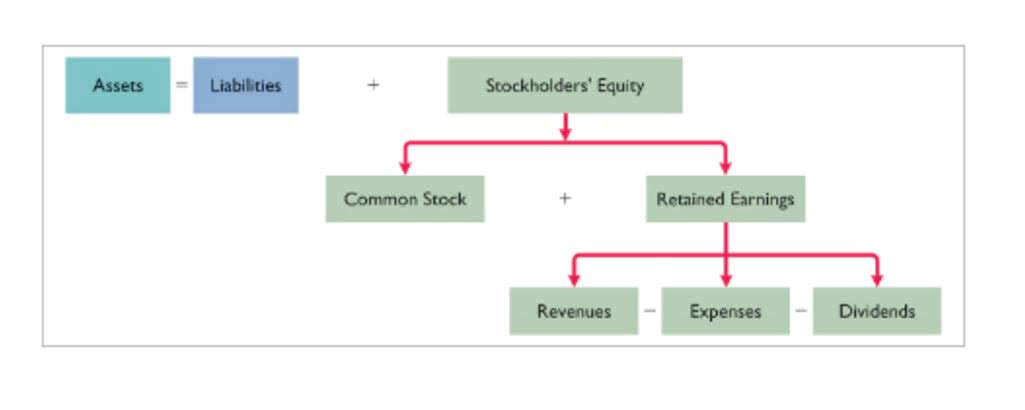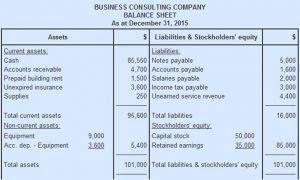Where Does Rent Revenue Go on an Income Statement? Understanding Rental Income Statements

Accurate accounting for unearned revenue ensures financial statements accurately reflect a company’s financial position and performance. The company can make the unearned rent journal entry by debiting the cash account and crediting the unearned rent revenue account. A $2,000 credit would be recorded as unearned revenue on your balance sheet under current liabilities. And since assets need to equal liabilities in the same period, you’ll also need to debit your cash account by $2,000 under current assets. When a rent agreement offers a period of free rent, payments are not due to the lessor or landlord. However, you are recording the straight-line rent expense calculated by dividing the total amount of required rent payments by the number of periods in the lease term.
Accounting Standards:
The recognition of rental revenue under IFRS and GAAP involves nuanced differences that can significantly impact financial reporting. Under IFRS 16, leases are classified as either finance or operating leases, with most leases being treated as finance leases. This standard requires lessees to recognize a right-of-use asset and a corresponding lease liability on the balance sheet, reflecting the present value of future lease payments. Understanding unearned revenue is essential for businesses that receive advance payments.

Retirement Account Contributions
It illustrates that though the company has received cash what is unearned rent revenue for its services, the earnings are on credit—a prepayment for future delivery of products or services. You record prepaid revenue as soon as you receive it in your company’s balance sheet but as a liability. Therefore, you will debit the cash entry and credit unearned revenue under current liabilities. After you provide the products or services, you will adjust the journal entry once you recognize the money. Effective deferred revenue management allows companies to leverage upfront payments to boost cash flow while accurately reflecting obligations on the balance sheet. Yes, unearned revenue is considered a liability on a company’s balance sheet.

Where Does Rent Revenue Go on an Income Statement? Understanding Rental Income Statements
When a landlord receives a payment from a tenant, it’s considered a deferred revenue, also known as unearned revenue. This means the payment is recorded as a liability on the balance sheet because the landlord still owes the tenant the use of the property. These should not be recognized as revenue when received, as they are typically refundable. Instead, they should be recorded as a liability until the lease term ends and any deductions for damages or unpaid rent are determined. This ensures that the financial statements accurately reflect the company’s obligations. This is money paid to a business in advance, before it actually provides goods or services to a client.
Understanding Inventory Costs: A Guide for Financial Professionals
Our team is ready to learn about your business and guide you to the right solution. Bench simplifies your small business accounting by combining intuitive software that automates the busywork with real, professional human support. Working with an adviser may come https://www.m3k.net/7-reasons-why-business-ownership-is-better-than-a/ with potential downsides, such as payment of fees (which will reduce returns). There are no guarantees that working with an adviser will yield positive returns. The existence of a fiduciary duty does not prevent the rise of potential conflicts of interest. Vacation rentals represent a unique subset of the rental industry, characterized by short-term agreements and high turnover rates.

Example 5: Minor Child with a Investment Account (Kiddie Tax in action)
Knowing whether unearned revenue is a debit or credit ensures transactions are Certified Public Accountant recorded correctly and that liabilities reflect the company’s pending obligations. In accounting and finance, unearned revenues are typically classified as liabilities until the related services are performed or products delivered. Renting and leasing agreements have existed for a long time and will continue to exist for individuals and businesses.

Is unearned revenue a credit or debt?
- Knowing the difference helps with keeping finances right and following accounting rules.
- We kick things off by defining the central player in our discussion – unearned rent.
- For example, if a tenant pays rent for the month of January on December 31, the landlord has accepted payment for that future month.
- Under IFRS, any changes to lease terms or conditions require a remeasurement of the lease liability and a corresponding adjustment to the right-of-use asset.
- Discover how businesses like yours are using Baremetrics to drive growth and success.
In fact, according to a study from Freelancer’s Union, 71% of freelancers have trouble getting paid at some point in their careers. Our qualified local accountants also deliver detailed management reports to strengthen your financial decision-making process and ensure ongoing compliance. We’re all about sharing that life-changing advice to businesses and entrepreneurs around the world. This comprehensive accounting glossary defines essential accounting terms. Jeff Clements has been a certified public accountant and business consultant since 2002. Clements founded a multi-strategy hedge fund and has served as its research director and portfolio manager since its inception.

